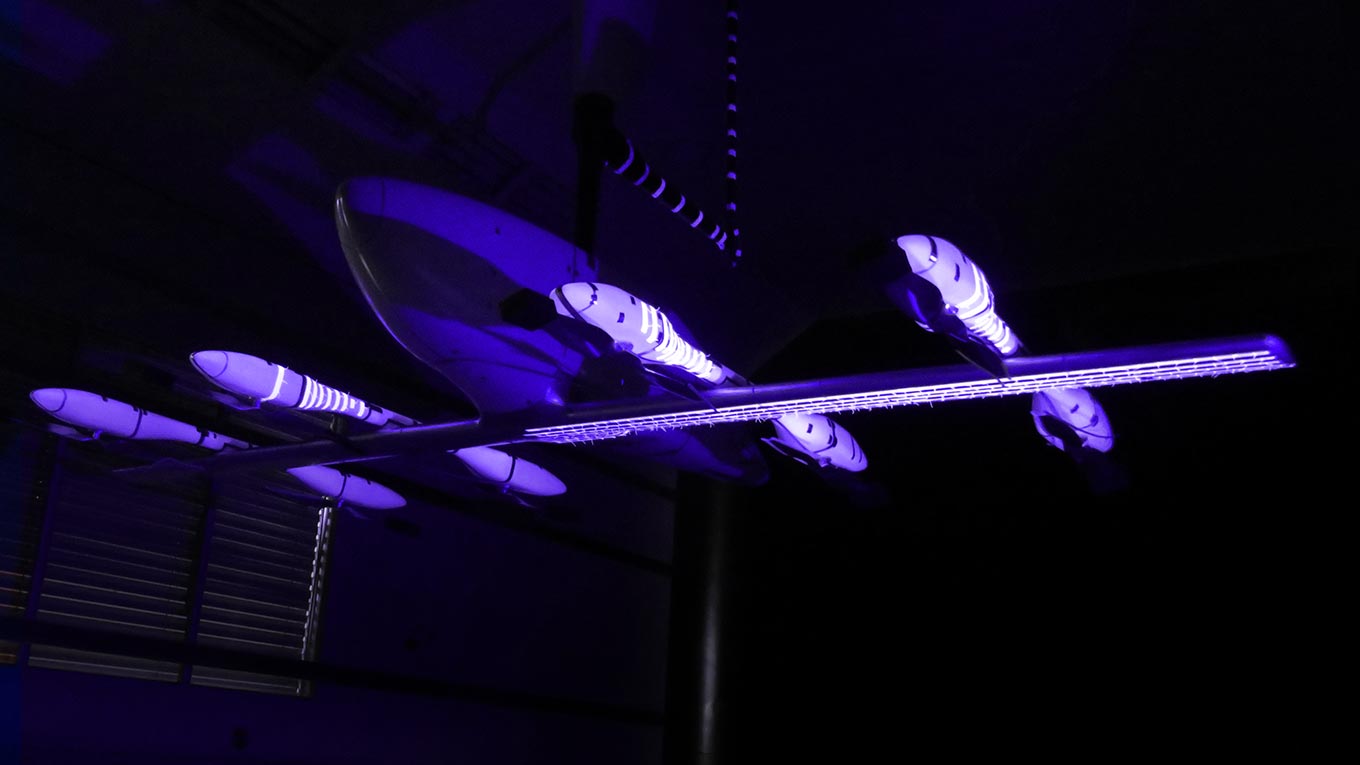The recent update from Eve highlights the completion of testing at Lucerne, Switzerland, utilizing a scale model of the eVTOL.
Wind tunnel testing plays a vital role in modern aircraft development as it enables engineers and scientists to gather essential data on the vehicle's aerodynamics. It provides valuable insights into the flow of air around the vehicle and its individual components, allowing for a comprehensive evaluation of lift, efficiency, flying qualities, and overall performance.
Luiz Valentini, Chief Technology Officer at Eve Air Mobility, emphasized the significance of this engineering milestone, stating, "The completion of wind tunnel testing is an important step in the development of our eVTOL. The information obtained during this phase has enabled us to refine the technical solutions and design of our eVTOL before moving forward with production and conforming prototypes. Our ultimate goal is to create an aerodynamic and efficient eVTOL capable of serving various urban air mobility missions."
The comprehensive wind tunnel tests focused on assessing the performance of key components, including the fuselage, rotors, wings, tail, and other surfaces during flight. The acquired data will be utilized by Eve's engineering team to further enhance the eVTOL's control laws, ensuring optimal performance and passenger comfort.
Eve's eVTOL, set for release in 2026, will be fully electric and possess a range of 60 miles (100 kilometers). Although initially piloted, the aircraft is designed to transition to autonomous operations in the future.
Source: Eve Air Mobility

